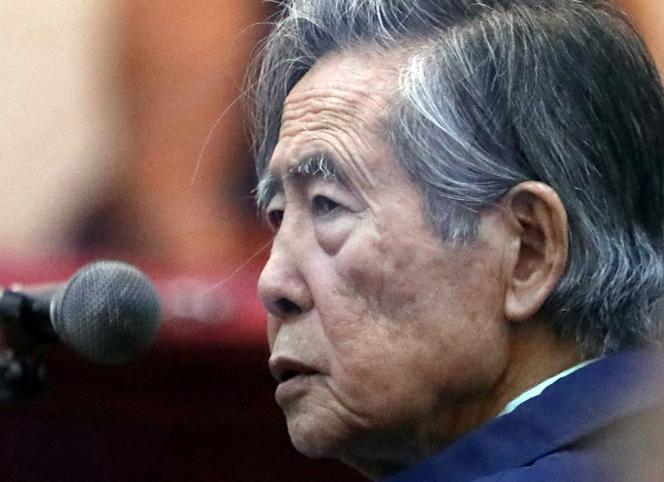


Alberto Fujimori, whose decade-long presidency began with triumphs righting Peru’s economy and defeating a brutal insurgency only to end in a disgrace of autocratic excess that later sent him to prison, has died on Wednesday, September 11. He was 86.
His death in the capital, Lima, was announced by his daughter Keiko Fujimori in a post on X. "After a long battle with cancer, our father, Alberto Fujimori, has just departed to meet the Lord," she wrote. "We ask those who loved him to accompany us with a prayer for the eternal rest of his soul."
Fujimori, who governed with an increasingly authoritarian hand in 1990-2000, had been pardoned in December from his convictions for corruption and responsibility for the murder of 25 people. His daughter said in July that he was planning to run for Peru’s presidency for the fourth time in 2026.
The former university president and mathematics professor was the consummate political outsider when he emerged from obscurity to win Peru’s 1990 election over writer Mario Vargas Llosa. Over a tumultuous political career, he repeatedly made risky, go-for-broke decisions that alternately earned him adoration and reproach.
He took over a country ravaged by runaway inflation and guerrilla violence, mending the economy with bold actions including mass privatizations of state industries. Defeating fanatical Shining Path rebels took a little longer but also won him broad-based support.
His presidency, however, collapsed just as dramatically. After briefly shutting down Congress and elbowing himself into a controversial third term, he fled the country in disgrace in 2000 when leaked videotapes showed his spy chief, Vladimiro Montesinos, bribing lawmakers. The president went to Japan, the land of his parents, and famously faxed in his resignation.
He stunned supporters and foes alike five years later when he landed in neighboring Chile, where he was arrested and then extradited to Peru. He had hoped to run for Peru’s presidency in 2006 but instead wound up in court facing charges of abuse of power.
The high-stakes political gambler would lose miserably. He became the first former president in the world to be tried and convicted in his own country for human rights violations. He was not found to have personally ordered the 25 death-squad killings for which he was convicted but he was deemed responsible because the crimes were committed in his government’s name.
His 25-year sentence did not stop Fujimori from seeking political revindication, which he planned from a prison built in a police academy on the outskirts of Lima, the capital.
His congresswoman daughter Keiko tried in 2011 to restore the family dynasty by running for the presidency but was narrowly defeated in a runoff. She ran again in 2016 and 2021, when she lost by just 44,000 votes after a campaign in which she promised to free her father.
Human rights advocates at home and abroad also blasted him for pushing through a general amnesty law forgiving human rights abuses committed by security forces during Peru’s "anti-subversive" campaign between 1980 and 1995. The conflict would claim nearly 70,000 lives, a truth commission found, with the military responsible for more than a third of the deaths. Journalists and businessmen were kidnapped, students disappeared and at least 2,000 highland peasant women were forcibly sterilized.
